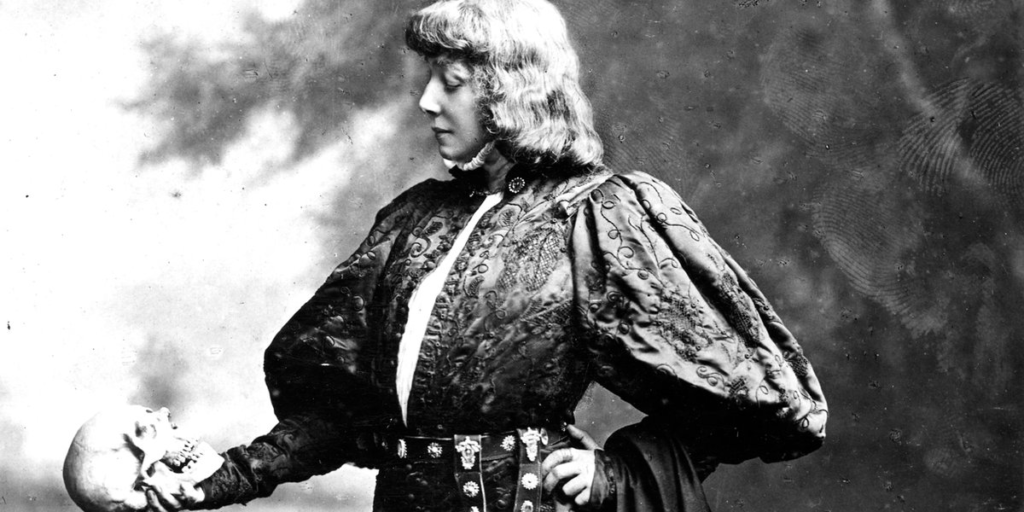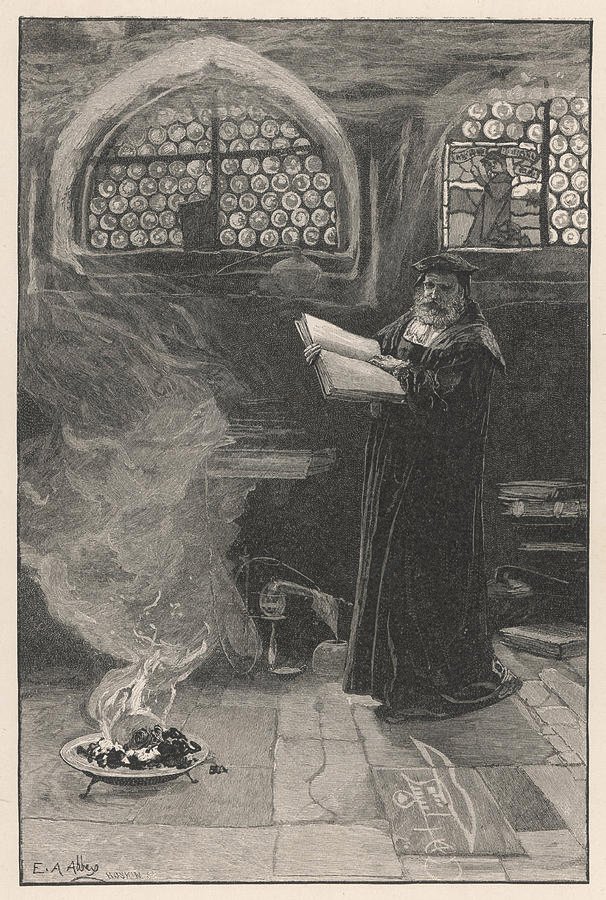Debunking the Misconception: Hamlet’s Strength Amidst Struggle
Introduction
When discussing Shakespeare’s timeless masterpiece, Hamlet, it’s common for people to label the titular character as weak due to his internal conflicts and emotional struggles. Prince Hamlet is known for his indecisiveness and procrastination in avenging his father’s murder, which is a source of much debate and analysis among scholars and audiences. However, this perspective oversimplifies Hamlet’s complex nature and fails to recognise the strength that resides within him. This blog post delves into the depths of Hamlet’s character, shedding light on his resilience, intelligence, and the immense challenges he faces.
Doubt and Uncertainty
Hamlet is initially unsure about the ghost’s claim that his uncle, Claudius, murdered his father, King Hamlet. He wants to confirm the ghost’s story and ensure that he is not being deceived by an evil spirit. This doubt and uncertainty cause him to delay taking any action. Throughout the play, Hamlet experiences intense emotional turmoil. He is mourning his father’s death, disgusted by his mother’s hasty marriage to Claudius, and grappling with his own existential crisis. These emotional struggles contribute to his inability to take immediate action.
The Weight of Responsibility
Hamlet’s perceived weakness often stems from his profound sense of responsibility. Upon learning about his father’s murder and the subsequent revelation that his uncle is the culprit, Hamlet is burdened with the task of avenging his father’s death. This heavy responsibility isn’t a sign of weakness; it showcases his loyalty, love for his father, and moral compass. It takes immense strength to carry such a burden, and Hamlet’s internal struggle is a testament to his deep ethical considerations.
Emotional Depth and Complexity
Hamlet’s emotional struggles are another aspect often misconstrued as weakness. His grief over his father’s death, coupled with his mother’s hasty marriage to his uncle, drives him into a state of melancholy. However, it’s crucial to recognise that Hamlet’s emotional depth reflects his capacity for empathy and introspection. He questions his own emotions, the motives of others, and the complexities of human nature. This emotional intelligence requires great strength to navigate the turmoil within his mind. He often contemplates the consequences of his actions and the moral justifications for revenge.
Hamlet’s Intellectual Brilliance
Hamlet’s renowned soliloquies reveal his intellectual prowess and philosophical pondering. His famous “To be or not to be” soliloquy demonstrates his contemplation of life, death, and the human condition. Engaging with such profound ideas requires a strong intellect, showcasing Hamlet’s ability to grapple with existential concepts far beyond the scope of the average person. Hamlet is a deeply philosophical and moral character. He grapples with the ethical implications of seeking revenge and is troubled by the idea of killing someone, even if that person is a murderer.
Strategic Thinking
Critics often accuse Hamlet of indecision, particularly regarding his delay in avenging his father’s death. However, this hesitation can be interpreted as a display of strategic thinking. Hamlet isn’t impulsive; he meticulously plans his actions, seeking undeniable evidence and waiting for the perfect moment to reveal the truth. This caution showcases his wisdom and strategic mind, rather than weakness.
Navigating a Corrupt Court
Hamlet also recognises the political implications of his actions. Claudius is the reigning king, and Hamlet’s quest for revenge could lead to political instability. Hamlet must carefully plan his revenge to minimize the potential fallout. Hamlet’s struggles within the politically corrupted court of Denmark further highlight his strength. Surrounded by betrayal, deception, and power-hungry individuals, Hamlet must carefully navigate this treacherous environment while maintaining his integrity. His ability to see through the facades and understand the true nature of those around him is a testament to his strength of character.
Conclusion
In light of Hamlet’s multifaceted character, it becomes clear that labelling him as weak oversimplifies the depth of his struggles and the strength he exhibits. Hamlet’s internal conflicts, emotional depth, intellectual brilliance, strategic thinking, and resilience all point to a character who is far from weak. He embodies the complexities of the human experience, reminding us that strength is not just physical prowess but also the ability to navigate the intricate web of emotions, ethics, and intellect.






